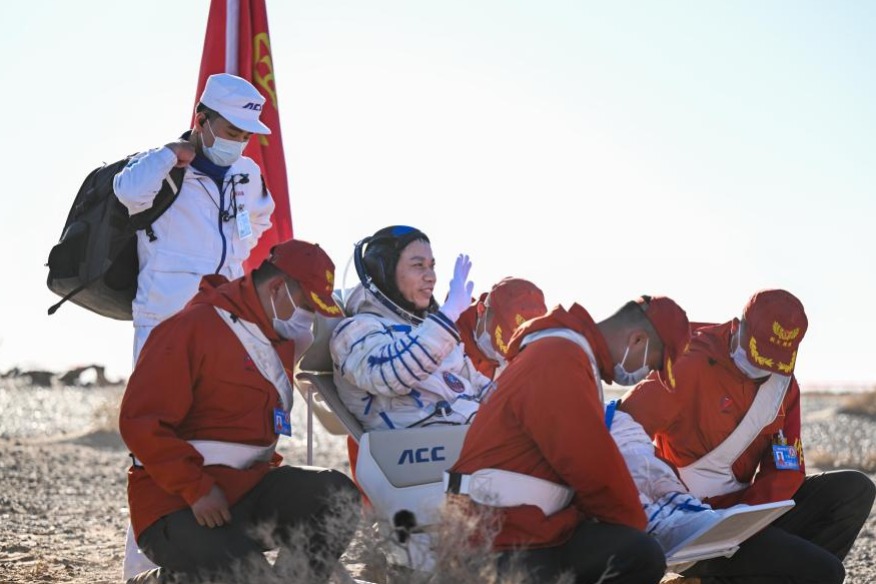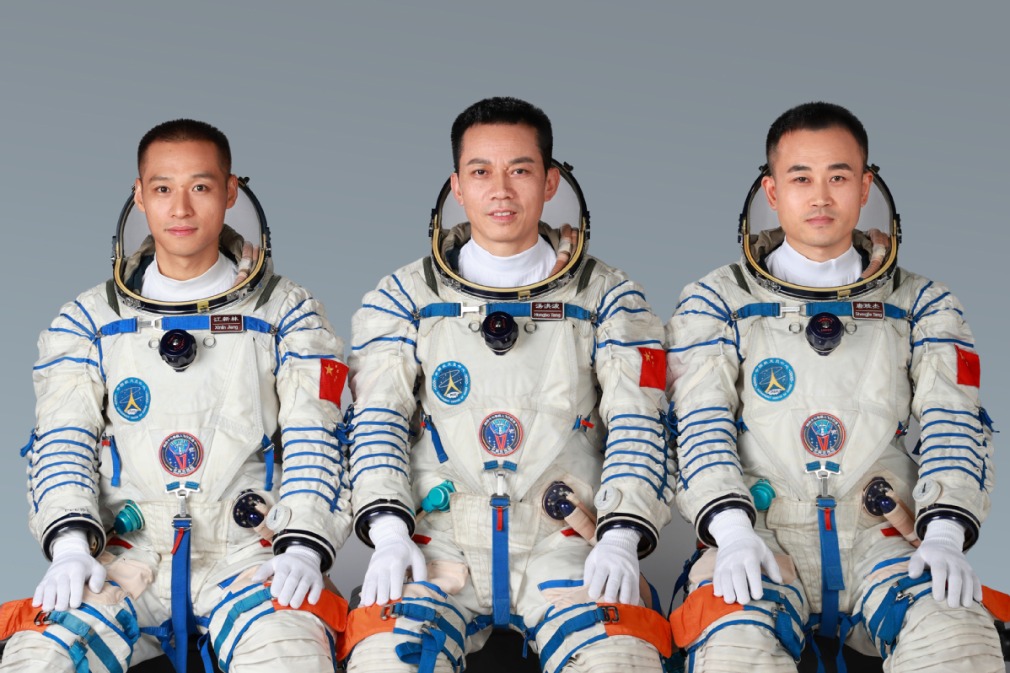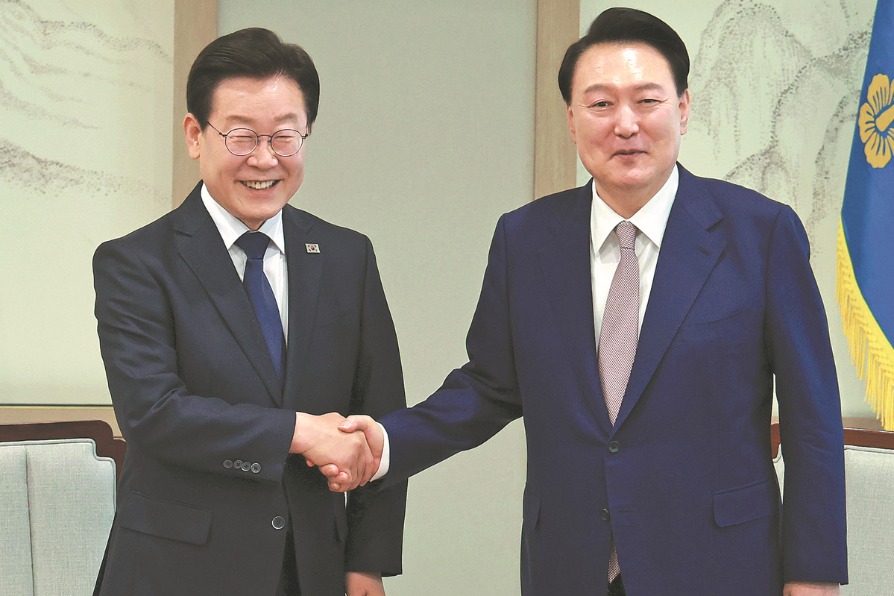Western sanctions hit world economy
China Daily | Updated: 2022-04-29 07:04
China must prepare for spillover risks
The rising energy and food prices owing to the Russia-Ukraine conflict have increased inflation worldwide. Some Western scholars are saying that, like in the 1970s, some countries are now facing stagflation due to the rising energy prices, exposing the structural problems of global production.
Now, political security has become an important consideration for countries to participate in, or contribute to, the global economy. In particular, the compulsion to choose sides is undermining international relations, and the economy and payment systems.
As for China, the drastic global changes are affecting the country's economic and financial security, Belt and Road projects and the internationalization of the renminbi.
In general, the Ukraine crisis has created three major challenges for China. First, external demand has dropped sharply and the role of trade in driving China's economy is set to weaken. Plus, the changes in developed countries' monetary policy, which will reduce liquidity, could cause a decline in those countries' investment and consumption needs. In fact, many Chinese import and export companies, especially some small and medium-sized ones, are already facing serious challenges.
Second, the risk of investing in Belt and Road projects is rising due to the increasingly complicated nature of geopolitics. The Russia-Ukraine conflict has extended the differences between the West and Russia to the economic and financial fields, and forced some Belt and Road countries and enterprises to choose sides, dealing a blow to globalization and the Belt and Road Initiative.
For example, both Russia and Ukraine are important partners in the Belt and Road Initiative, but the conflict has made it impossible for some previously agreed investment and other projects to continue. This could impact the economic development of both Ukraine and Russia and halt their contributions to the Belt and Road Initiative and globalization.
In addition, China may also feel the pains of indirect or secondary sanctions. As a result, some countries which are politically close to the West might move closer to it, interrupting the cooperation projects with China.
Third, there is an increasing risk of huge capital outflows from China. The Ukraine crisis has made it even more difficult for China to stabilize balance of payments and the renminbi exchange rate.
The first collective outflow of capital from emerging market economies in more than 20 years followed the US Federal Reserve's interest rate hike in March.
As such, China should view its financial security from a political perspective and properly handle its relations with major powers. The risks to the global financial market nowadays mainly come from international relations, because Western powers have been wielding finance as a political tool to browbeat developing countries. The financial game between Russia and the US is no longer a market issue based on cost and benefit of investments or business interests. It has become a major political game. And this political game will continue for a long time.
Tu Yonghong, deputy director of the International Monetary Institute of Renmin University of China
























